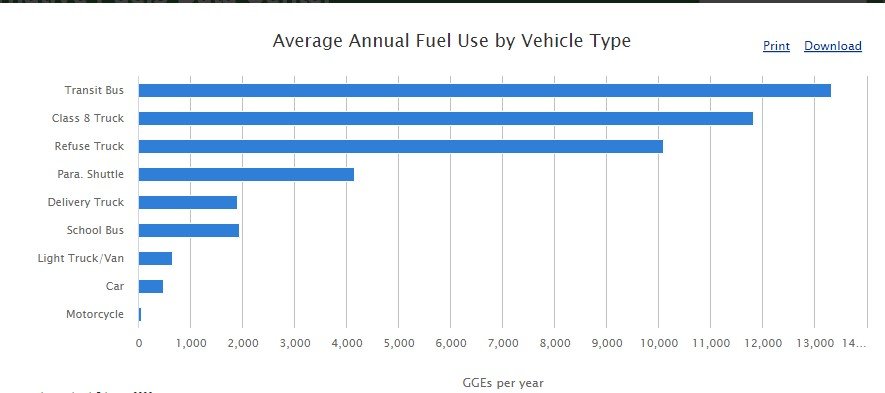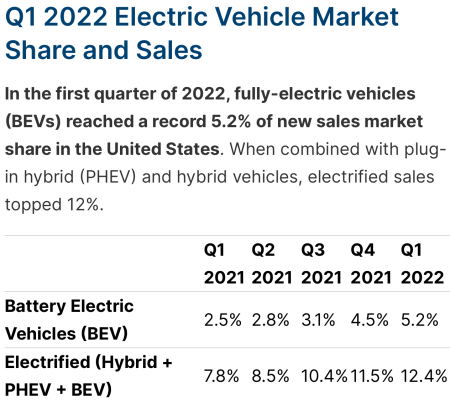I'm in the camp that inflation won't be beat, and that while we may see "moderation" in it, the easiest path for politicians is to try to inflate our way to prosperity. (sarcasm alert)
Having said that, I always want to read and understand theories that are conflicting with my view or can be used to adjust my view.
Luke Templeman (Deutsche Bank) a year ago predicted we will see a bullwhip effect:
https://www.bloomberg.com/news/news...s-you-need-to-know-to-start-your-day-koc2tr5n
Perhaps that is what we are starting to see (now showing up in general merchandise inventory levels)? What are your thoughts on this?
Definition of Bullwhip Effect: https://en.wikipedia.org/wiki/Bullwhip_effect
So much for efficiency in the marketplace.


